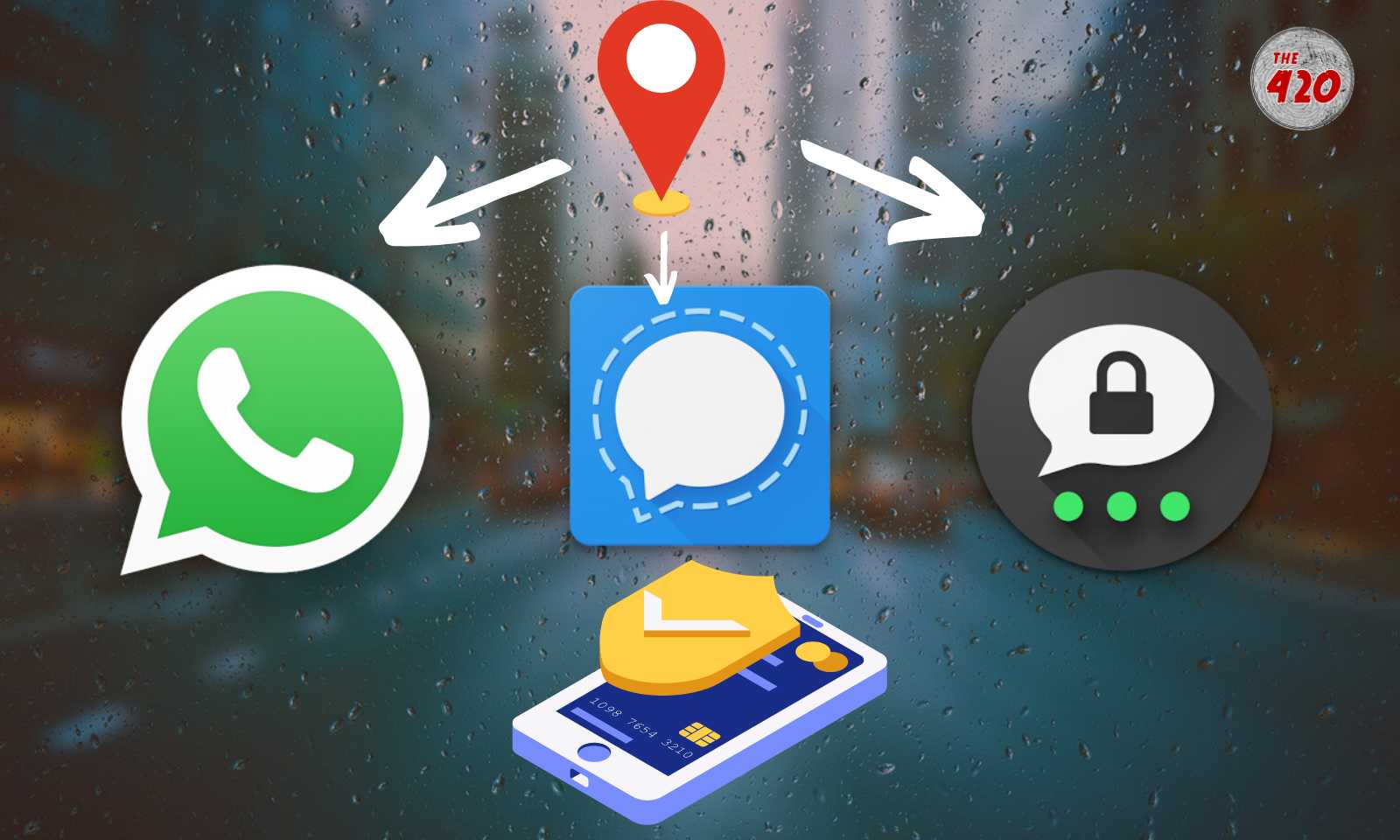Cyber Crime
Hackers Targeting Locations via SMS? Researchers Raise Alarm for WhatsApp, Threema, and Signal Users

Researchers have issued a warning regarding a new SMS vulnerability that could potentially enable hackers to track users’ locations. The vulnerability stems from SMS delivery features within popular instant messaging applications like WhatsApp, Threema, and Signal.
This startling discovery raises concerns about the potential compromise of user location data, posing a significant threat to location privacy. The research involved the utilization of machine learning algorithms to analyze user locations.
In the realm of communication, mobile applications have emerged as the predominant means of exchanging messages among individuals.
ALSO READ: From India to China via Dubai: Rs 712 Crore Investment Fraud Busted By Hyderabad Police
Unveiling the Vulnerability:
A recent investigation conducted by Evangelos Bitsikas, a Ph.D. student at Northeastern University in the Netherlands, has brought to light a significant flaw in the SMS delivery feature present in widely used instant messaging platforms such as WhatsApp, Threema, and Signal. These applications offer delivery and read receipt functionality, inadvertently opening the door to the potential misuse of sensitive location information.
Exposing the Mechanism:
The core of this vulnerability centers around the analysis of message delivery and confirmation times. Various factors come into play, including the recipient’s location, distance, network topology, and messaging service processing. By collating and dissecting this data, researchers were able to formulate a timing pattern that enabled the approximation of a user’s location.
ALSO READ: Here Is How You Can Protect Your Instagram Account From Phishing Attacks: 6 Tips To Know
Unveiling the Tracking Process:
In practice, tracking a user’s location requires multiple messages to be sent to the target number. Once confirmation is established, the timing of these messages is scrutinized to determine various locations: the messaging app server’s geographical location, the user’s estimated location, and time-distance calculations. This data forms the foundation for a machine learning algorithm capable of predicting user locations.
End-to-End Encryption Provides False Sense of Security:
While all three instant messaging apps under examination employ robust end-to-end encryption between clients, this security measure fails to account for the inadvertent exposure of location information. Notably, applications like Signal and Threema are renowned for their commitment to secure communication, with Signal’s protocol serving as a model for the industry. Despite this, researchers have identified a potential gap in the security framework.
An Unresolved Concern:
Remarkably, this technique remains unexploited by hackers thus far, as per the researchers’ findings.
ALSO READ: Step By Step Guide: How To File Cybercrime Complaints Online In India
Mitigating the Risk:
To address this vulnerability, users are encouraged to take specific measures to safeguard their location information. One effective strategy involves disabling read receipt and message delivery notifications within the instant messaging application. This precautionary step can substantially reduce the risk of compromising one’s location privacy.
The SMS vulnerability discovered in popular instant messaging applications serves as a stark reminder of the intricate interplay between convenience and privacy within the digital landscape. As technology evolves, it is imperative that both users and developers remain vigilant and proactive in the quest to fortify digital security and protect sensitive personal information.
Follow The420.in on
Telegram | Facebook | Twitter | LinkedIn | Instagram | YouTube














